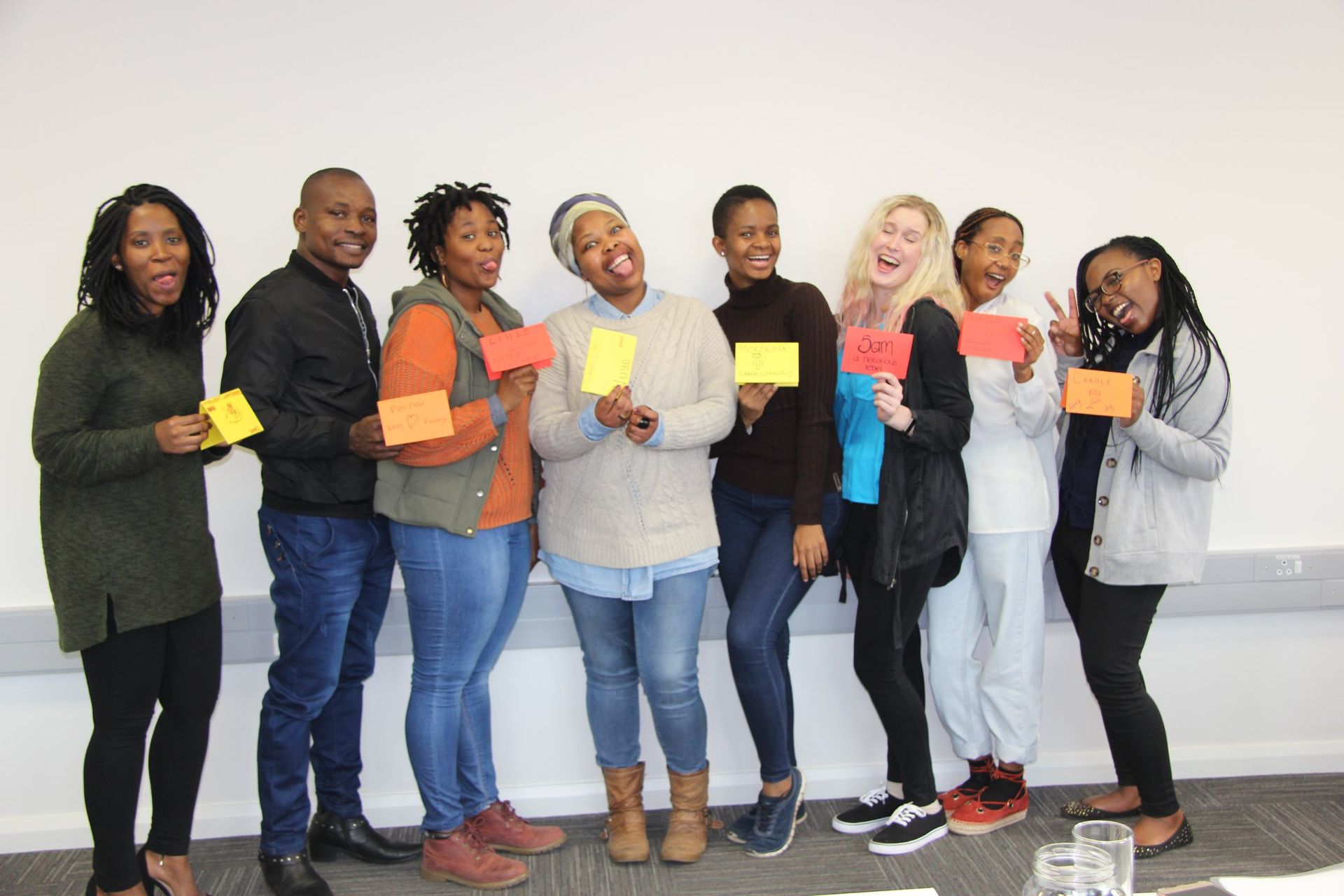How To Reduce Your Stress During Matric Exams
5 Tips to Help Reduce Stress During Exams

The Matric year is one of the most important years in a learner’s schooling career. The pressure to achieve good marks is one of the main reasons why the majority of students stress and worry about exams. Succumbing to negative stress doesn’t do any good and creates doubt in your ability to do well.
Stress and anxiety for final matric exams is completely normal. It’s your body signalling to you that it needs to remain on high alert for the significant event. Stress only becomes a problem once it starts crippling you. Some examples of exam stress symptoms are procrastination, struggling to sleep, excessive worrying and restlessness.
Put your fears aside and trust in your ability to do your best. If you believe that you have studied well and are feeling confident, you should have nothing to worry about. If you are feeling a little overwhelmed, practice these 5 tips to help reduce stress during exams.
“Nothing is impossible. The word itself says ‘I’m possible’”
Audrey Hepburn
1. Create a work space and routine
Having your own personal work space allows you to feel at ease in your environment. This is your space to study and revise. It also tells your brain that its work time, not break time. It’s also important to set up a study routine to stay organised and focused. As the saying goes, “Failing to plan is planning to fail.” Keep a calendar of when your exams are coming up and plan which days will be allocated for studying. Once you’ve done this, stick to your plan.
2. Give yourself study breaks & get enough rest
Studying continuously without breaks overstimulates the brain. When this happens, you tend to not retain the information that you are trying to absorb. It won’t hurt to take a 15 minute break so that you can give your mind a rest. You can even set up a reward system for yourself. If for example you finish one module, reward yourself with a treat.
Don’t brush off getting a good night’s sleep. Did you know that our brains transfer what we learn into long term memories while we sleep? (source) Now you have an even better reason to catch up on some much-needed rest.
3. Find alternative ways to burn off stress
Overcoming exam stress can be done in many ways. Exercising and moving your body promotes circulation and is an excellent stress reliever. It doesn’t have to be strenuous exercise, it can be as simple as taking a walk or dancing to shake away those pre-exam nerves.
4. Be prepared (past paper)
Depending on how you study, you would have created study notes to help make your life a little easier. Revision helps reduce exam stress. Another way to stay on top of your revision process is to test yourself regularly. Do past papers and score yourself on how you do. Not only does this test your knowledge, but it also helps you identify any pitfalls.
5. Have a positive mind-set
It’s easier said than done, but it really comes down to your mindset. You are your own motivator and the effort you put in is generally the result you get out. Staying positive and kind to yourself is essential during exams, you don’t want to over exert yourself. Believe in yourself, keep revising and give yourself those deserved study breaks.
Here at Trinityhouse, we would like to wish the Matrics of 2021 good luck for their final exams. Remember what you have learned throughout the year and give your absolute best no matter what. Read through the papers carefully and take your time. Good luck!
If you would like to learn more about Trinityhouse and what we stand for, click here. All future applications can be submitted here. Please submit all enquiries here.














